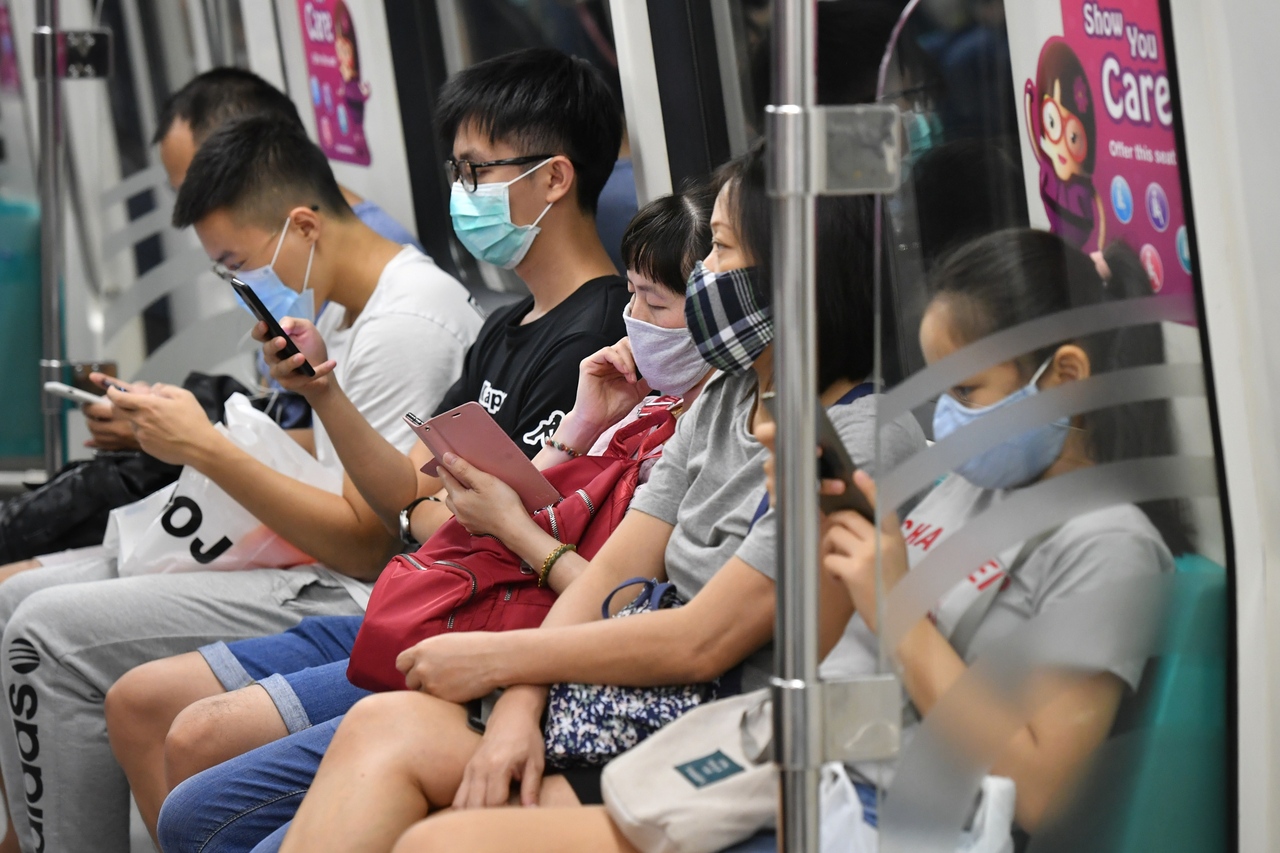Singapore could see a surge in coronavirus cases due to community transmission, says expert
Sign up now: Get ST's newsletters delivered to your inbox

New cases with no apparent links to existing cases are a cause for concern.
ST PHOTO: CHONG JUN LIANG
A surge in coronavirus cases is possible in the coming weeks, with an escalating number of unlinked cases perhaps signalling greater community transmission.
Professor Alex Cook, vice-dean of research at the National University of Singapore (NUS) Saw Swee Hock School of Public Health, said in a discussion with The Straits Times' senior health correspondent Salma Khalik that new cases with no apparent links to existing cases are a cause for concern.
He said: "We have three different kinds of cases. We've got imported cases and these are ones that are perhaps not so much of a concern because they are issued stay-home notices, which isolate them from creating secondary cases in the community.
"There's a group of cases which are linked to existing clusters and these are also less of a concern and the reason is because they are already known and they're part of our contact tracing... It's the third group that we're more concerned about. These are the unlinked cases. These are individuals for which we don't know how they got infected, and it may reflect greater community transmission."
The special Facebook Watch news event on the impact of the virus in the Asia-Pacific region began at noon yesterday and was co-hosted with the South China Morning Post in Hong Kong and Australian channel 7News.
The 45-minute event was also streamed live from The Straits Times Facebook page.
The Singapore segment covered topics such as the rise in cases here, the concept of herd immunity and why social distancing is important.
Prof Cook, whose research is in biostatistics and modelling, said the virus could also continue to spread to other regions, with Africa and Latin America being areas of concern. "These are countries in which the healthcare system is not as strong as it is in the West. And as a result, there's potential for quite a large catastrophe there," he said.
However, there was a low likelihood of a boomerang effect from those regions sending the virus back around the world, he noted.
"The reason why they're being hit less is because their connectivity to many other parts of the world is lower. So I would be less worried about a boomerang effect from places like Africa than I would be from Europe and North America and other parts of Asia."
In response to Ms Khalik's question on whether Singapore will have herd immunity - indicating resistance to the spread of a disease because enough of the population has been infected - Prof Cook said it would depend on how successful control policies are.
"If we have successful control, then we won't get herd immunity (as) we won't have enough infections to reach that level. If our control doesn't work, then the only thing that will stop the epidemic will be when we reach the herd immunity threshold."
Professor Wang Linfa, director of the programme in emerging infectious diseases at Duke-NUS Medical School, who also participated in the event, added that social distancing continues to be vital, especially as some carriers of the virus may show mild or no symptoms.
"It's obvious now with so many people getting infected with Covid-19, that we have people (who are) truly asymptomatic. These are the people that we really need to watch and it is difficult because they still carry the virus and they can be a transmitter in society," he said.
"It's really important that if you had contact with sick people, you have to really consider that you are also at risk. Even without symptoms, you should really watch yourself and (practise) social distancing. This is why it's important to have social distance even for healthy people and you may also want to avoid close contact."
Sue-Ann Tan


